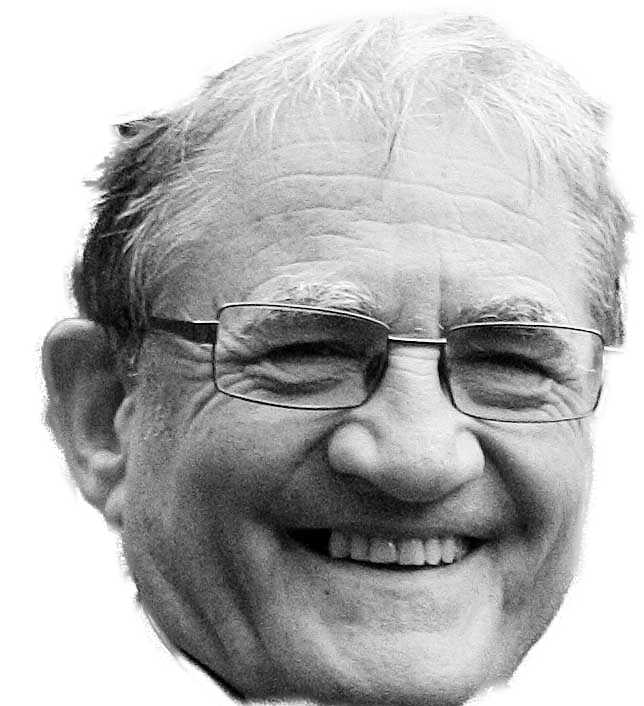I was born in Hertfordshire, UK, in 1947. My father was a post office clerk in Wembley, after service in Signals in the 1939-45 war. My mother was a Jewish refugee from Hamburg, Germany. She escaped in 1939, worked as a domestic servant in London, then joined the Auxiliary Territorial Service (the women's branch of the British Army) in 1941. Her parents and most of her wider family died in the Holocaust. I tell this story
here. I was named James Paul - James in a tradition on my father's side, and Paul after my German grandparents Paul and Paula. I have three younger brothers, one of whom,
Sean, is a writer whose novels are published by Doubleday.
My father studied to be promoted in the civil service. He became an Immigration Officer. We lived in Harwich, Hull and Dover. From Dover Grammar School I gained a scholarship to read Philosophy, Politics and Economics at Hertford College, Oxford, where I won the university Gibbs Prize in Politics in 1968. After spells working in development, education and journalism for the United Nations, the Sudan Government and a news agency, I returned to the UK and worked in housing. I developed co-operatives in Merseyside, through the Toxteth riots and the Militant Tendency's control of Liverpool city council. I became a Christian believer, married Kay and became the father of two children - one now a scientist in Switzerland, the other a social worker in London.
In 1988 I started a consultancy, working on housing and neighbourhood initiatives. Our expertise was in the governance of community organisations and participative strategies for social and economic regeneration. I also wrote for the Guardian, Channel 4 and the housing press. Mostly this was of fleeting interest but one piece that stands up well is on institutional racism and housing. I retired from professional consultancy in 2015, to concentrate on writing and church activity. My first book, The Jesus Candidate, was published in 2017. I have written for Tortoise Media, Anabaptism Today and Premier Christianity My new book, Democracy After Christendom, is published as a Cascade edition by Wipf and Stock (Eugene, Oregon).
For more of my publications, click here.
In 2025 my wife and I moved back to Liverpool. For the previous ten years, we lived in Whitstable, Kent, and belonged to
Emmanuel, an independent church in Canterbury. Kay and I serve international students with
Friends International and are Lifeskills and money coaches with
Christians Against Poverty. I also belong to the
Anabaptist Network, and have long been interested in how the sixteenth century Anabaptist ('rebaptiser') movement laid the foundation for modern liberalism through its insistence on a church free of state control. I see Roger Williams, the Puritan founder of the Rhode Island
democracy, as a key linking figure in this transition.
Whitstable rekindled an old interest in theatre. As a member of the Lindley Players, I played Old Gobbo in Merchant of Venice and Widow Twankey in pantomime.
